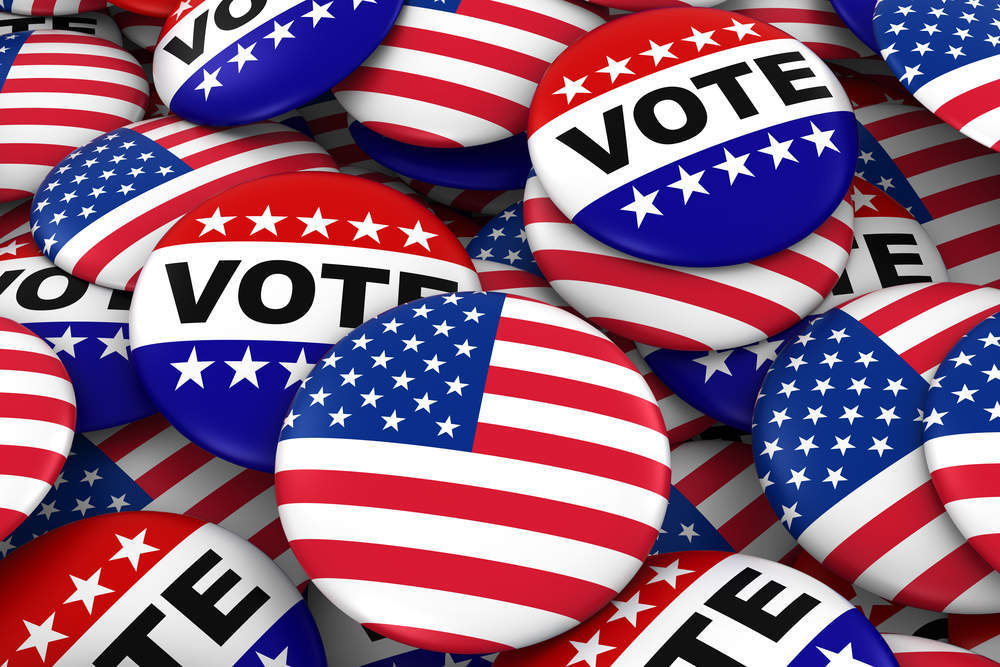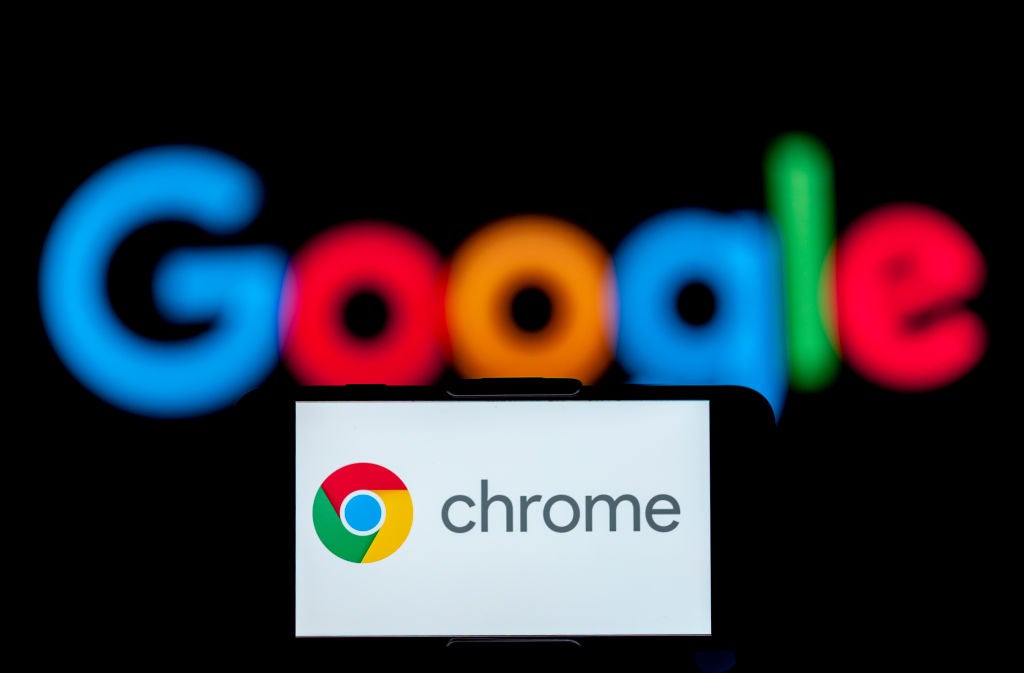
US president Donald Trump has insisted that he lost the popular vote in last year’s election by almost 3m votes, not because people voted for his rival Hillary Clinton, but because of voter fraud.
In addition to winning the Electoral College in a landslide, I won the popular vote if you deduct the millions of people who voted illegally
— Donald J. Trump (@realDonaldTrump) November 27, 2016
Trump added that none of the supposedly illegal votes cast went to him.
And yet, voter fraud in the US is a rare phenomenon.
How well do you really know your competitors?
Access the most comprehensive Company Profiles on the market, powered by GlobalData. Save hours of research. Gain competitive edge.

Thank you!
Your download email will arrive shortly
Not ready to buy yet? Download a free sample
We are confident about the unique quality of our Company Profiles. However, we want you to make the most beneficial decision for your business, so we offer a free sample that you can download by submitting the below form
By GlobalData“Based on state prosecution records, votes by non-citizens account for between 0.0003 percent and 0.001 percent of all votes cast,” according to an analysis by the Brennan Center, a non-partisan think tank working to increase voting access across the US.
Despite statistics which prove that there were only 30 cases of voter fraud nationwide, Trump has created a commission to look into election integrity through an executive order in May.
Chaired by vice president Mike Pence, the commission, officially referred to as the Presidential Advisory Commission on Election Integrity is scheduled to meet for the first time on Wednesday.
Pence said in May:
This action by president Trump fulfils another promise made to the American people. We can’t take for granted the integrity of the vote.
At the end of June, vice-chair of the commission, Kansas secretary of state Kris Kobach asked every state in the US to hand over “publicly available voter roll data”.
Over the years, Kobach has made it his goal to crack down on voter fraud.
However, his efforts to make it harder for people to register and vote have resulted in a string of four lost lawsuits against the American Civil Liberties Union (ACLU).
In 2011, Kobach introduced the Kansas Secure and Fair Elections (SAFE) Act, requiring all first-time voters to provide proof of citizenship such as a birth certificate or a passport.
The ACLU is currently suing the state of Kansas over its citizenship requirements.
The ACLU and the Lawyers’ Committee for Civil Rights Under Law are suing the commission itself. They have asked for a court order to block the commission’s 19 July meeting.
Dale Ho is director of the ACLU’s Voting Rights Project. He told Verdict:
King of Voter Suppression Kris Kobach and the Trump administration are launching a nationwide assault on voting rights. That Kobach — who has been successfully sued many times for voter suppression — is now asking for details on every single voter in the US is deeply alarming and raises significant privacy concerns. States are right to baulk at turning over massive reams of personal information in what clearly is a campaign to suppress the vote.
Kobach in his recent letter to states across the country wrote:
It is crucial for the Commission to consider your input as it collects data and identifies areas of opportunity to increase the integrity of our election systems.
A number of states have already declined to provide the requested data, which includes the last four digits of citizens’ social security numbers, as well as their full names, addresses, and political party registration.
The resistance has been bipartisan.
Ironically, even Kansas, Kobach’s own state, will provide all the required information on its residents’ but not their social security numbers because state law won’t allow it.
“In Kansas, the Social Security number is not publicly available,” Kobach explained to the Kansas Star. “Every state receives the same letter but we’re not asking for it if it’s not publicly available.”
Mississippi secretary of state, the Republican Delbert Hosemann refused to comply with the commission on the grounds that doing so would violate citizens’ privacy.
“Mississippi residents should celebrate Independence Day and our State’s right to protect the privacy of our citizens by conducting our own electoral processes,” he said.
Secretary of state for California Alex Padilla expressed similar concerns. He said:
I will not provide sensitive voter information to a commission that has already inaccurately passed judgment that millions of Californians voted illegally. California’s participation would only serve to legitimise the false and already debunked claims of massive voter fraud made by the president, the vice president, and Mr Kobach.
Earlier this month, the Electronic Privacy Information Center (EPIC) asked the US District Court for the District of Columbia for a temporary restraining order to prevent the commission from collecting state voter roll data.
EPIC said that the commission violated the E-government Act of 2002 requiring all agencies to complete and publicly release a Privacy Impact Assessment.
The commission responded to criticism on Monday, saying that it had not broken the law because it “is not an agency” and its is “solely advisory”.
The governor of Virginia Terry McAuliffe criticised Kobach’s request for its “list of vague inquiries about the election policies and laws of the Commonwealth”.
Kentucky secretary of state Alison Grimes, tweeted that she would not release any information about her residents.
The 49-member @OfficialCBC shares my concerns about voters’ privacy & voter suppression. I’m committed to protecting KYans sensitive info. pic.twitter.com/ix05RydHJq
— Alison L. Grimes (@KySecofState) 1 July 2017
Trump used Twitter to attack the unwillingness of so many states to cooperate with the commission.
Numerous states are refusing to give information to the very distinguished VOTER FRAUD PANEL. What are they trying to hide?
— Donald J. Trump (@realDonaldTrump) July 1, 2017
Meanwhile, Indiana, Pence’s home state, agreed to provide some of the data, but not all.
Connie Lawson, Indiana’s secretary of state, said in a statement:
Under Indiana public records laws, certain voter info is available to the public, the media and any other person who requested the information for non-commercial purposes. The information publicly available is name, address and congressional district assignment.
Connecticut secretary of state Denise Merrill, a Democrat, said last week that she will “share publicly-available information with” the commission but will ensure that “the privacy of voters is honoured by withholding protected data”.
With as many as 44 out of 50 states refusing to provide the commission with all the information it has requested, Pence and Kobach face a challenging road ahead.







